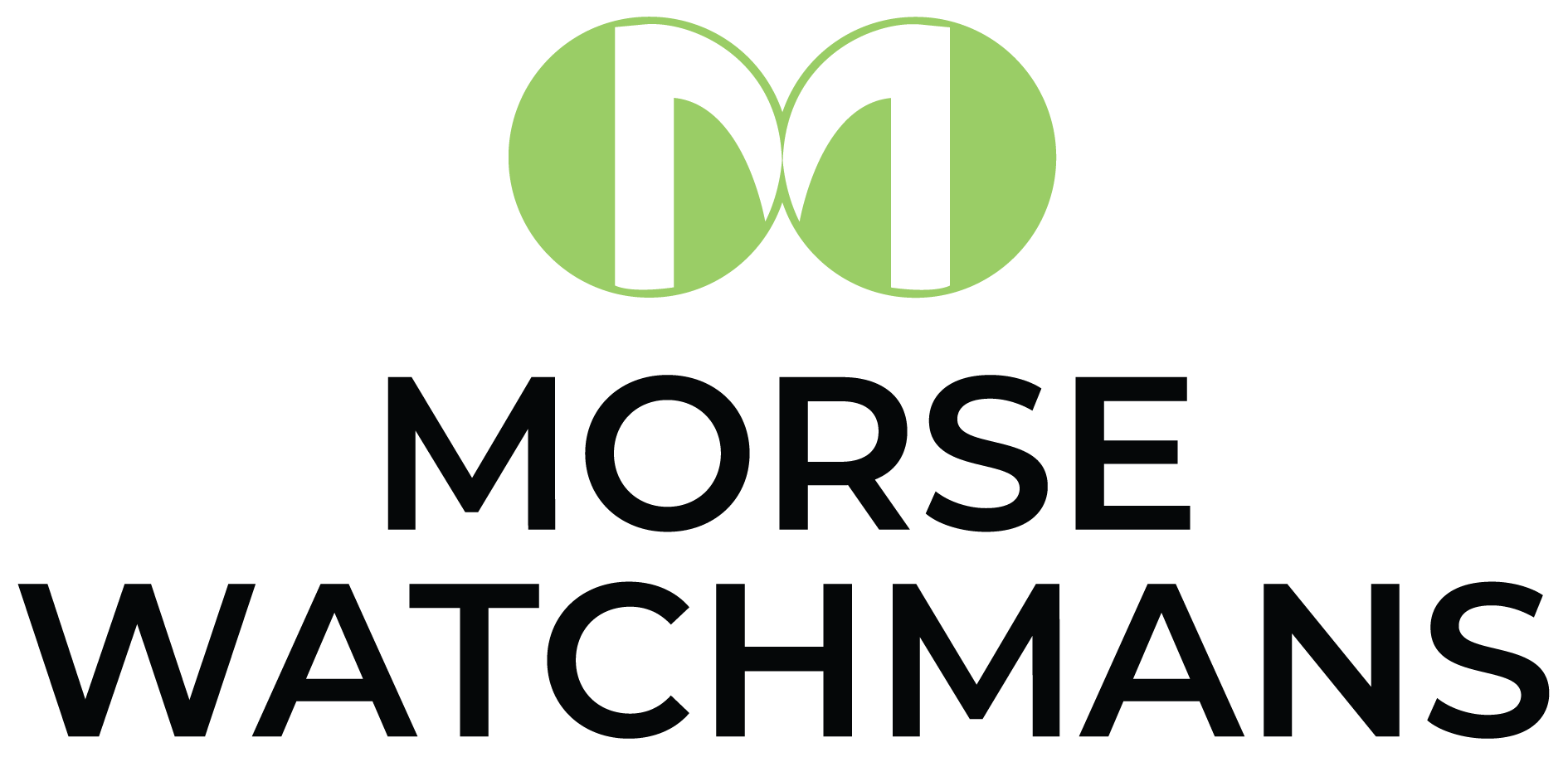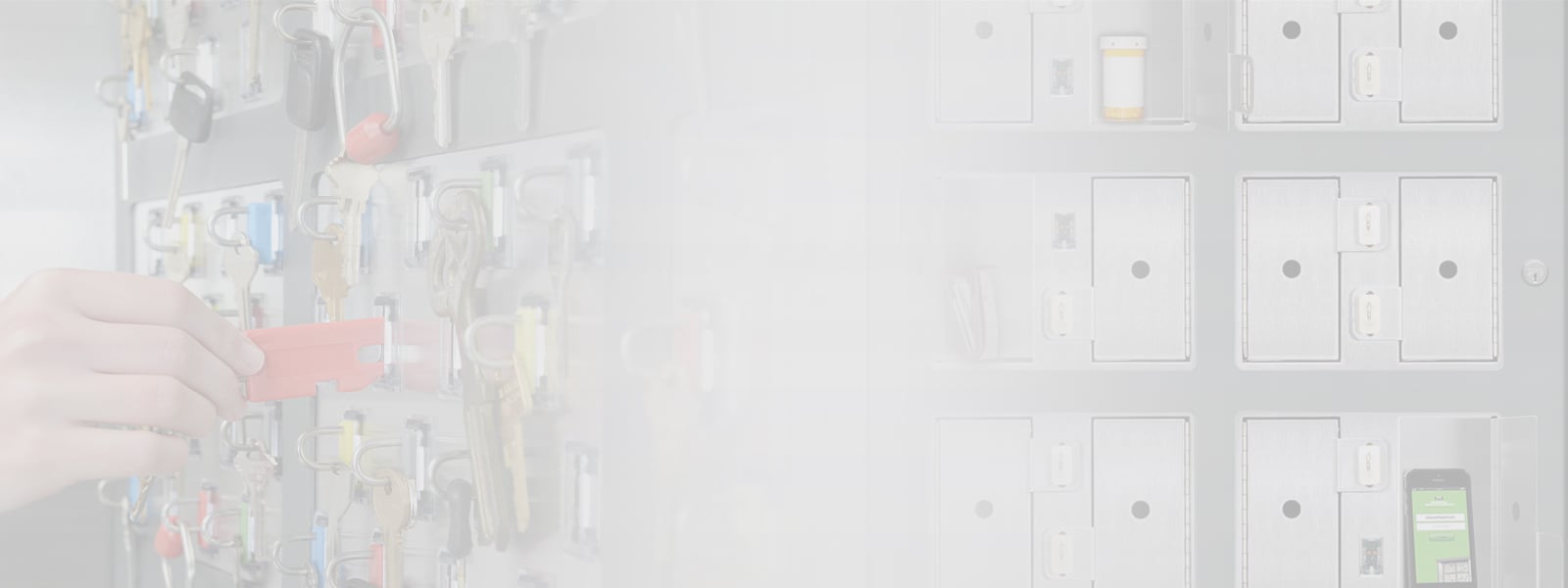
The fast-paced, full-contact world of sports pushes the human body to its limits as athletes become ever stronger, jump higher, and run faster to compete at the top levels of myriad sporting disciplines. And as we push the human body in pursuit of sporting greatness, we also open ourselves to the possibility of injury. The healthcare industry and sporting associations have long worked together to treat injuries as they happen, understand why the injury occurred, and work to prevent future harm.
Many sports teams employ healthcare professionals such as doctors, chiropractors, physical therapists, and others to help keep their players healthy. Healthcare facilities in stadiums and team practice areas allow these professionals to treat patients on-site and maintain close contact with coaches and other administration to keep them updated on player health.
Controlling access to these facilities is critical to ensure that drugs are properly locked up, emergency vehicles are only used by authorized staff, and delicate or hazardous equipment is properly secured. While healthcare facilities may be contained to one area of a team’s practice area or stadium, healthcare staff may need to reach players and team staff in a wide range of facilities, and ensure that equipment, vehicles, drugs, and other necessary tools are both well-secured and efficiently accessible. Key management systems can help to mitigate some of the risks that healthcare facilities present for sports teams.
Ensuring that drugs are given out when needed – and only when needed – is a necessary security procedure for any healthcare facility. With key management, opiates and other controlled substances can be dispensed quickly and accurately, and kept securely locked with a key only accessible to designated users. Key management systems also make it simple to keep a record of who has accessed a drug dispensary or storage area, and can send notifications when a restricted substance is accessed.
A sporting facility often has a fleet of vehicles used for transporting players and equipment in addition to emergency response vehicles that also requires secure and efficient key management. It’s critical that these keys are available when needed and cannot easily be removed to take vehicles on joyrides or for personal use (or stolen). Key management ensures that keys are only removed by authorized users, that notifications are sent to the appropriate personnel when keys are removed (so that someone expecting to use a vehicle is never surprised when it isn’t there), and that keys can be securely returned wherever a vehicle is located in the facility with similar security.
Expensive, delicate, heavy, and hazardous equipment is in place throughout a sports team’s facilities: from weight room equipment to medical technology to computers. Ensuring the security of this equipment—that it is not misused, damaged, or causing harm—is essential. Key management systems that designate keys to certain users can help to keep equipment rooms accessible only by proper personnel. In addition to controlling room access, they can also hold keys to particular pieces of equipment, helping to reduce the risks presented by complex or hazardous equipment.
Teams across all sports need to work closely with healthcare departments in order to keep their athletes healthy and at peak performance capability. This often requires the use of hazardous equipment, controlled drugs, vehicle fleets, and other things that require key management systems to be properly controlled and secured. Key management can help ensure that keys for important, restricted, or hazardous equipment or areas are only removed by users that have proper authorization, that those keys are returnable across a large facility, and that notifications are sent when keys are taken and removed to management or security personnel. In addition, note keeping on key removal and replacement can help to manage what keys are where, and when. Complex sports facilities have a myriad of security concerns—key control can help to provide peace of mind.




